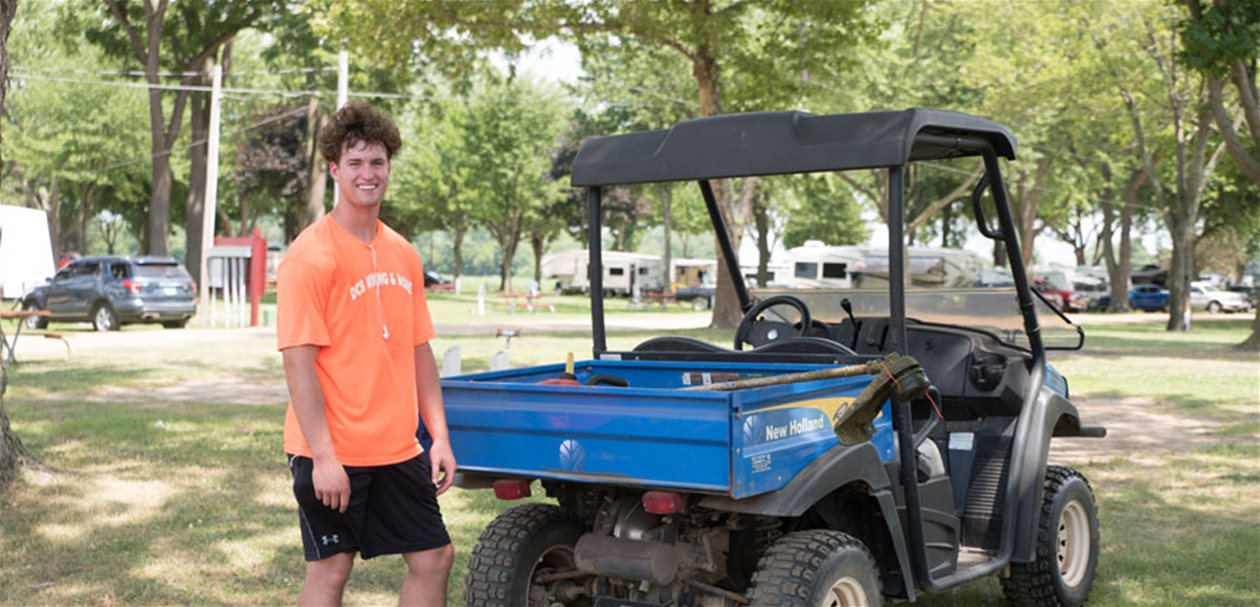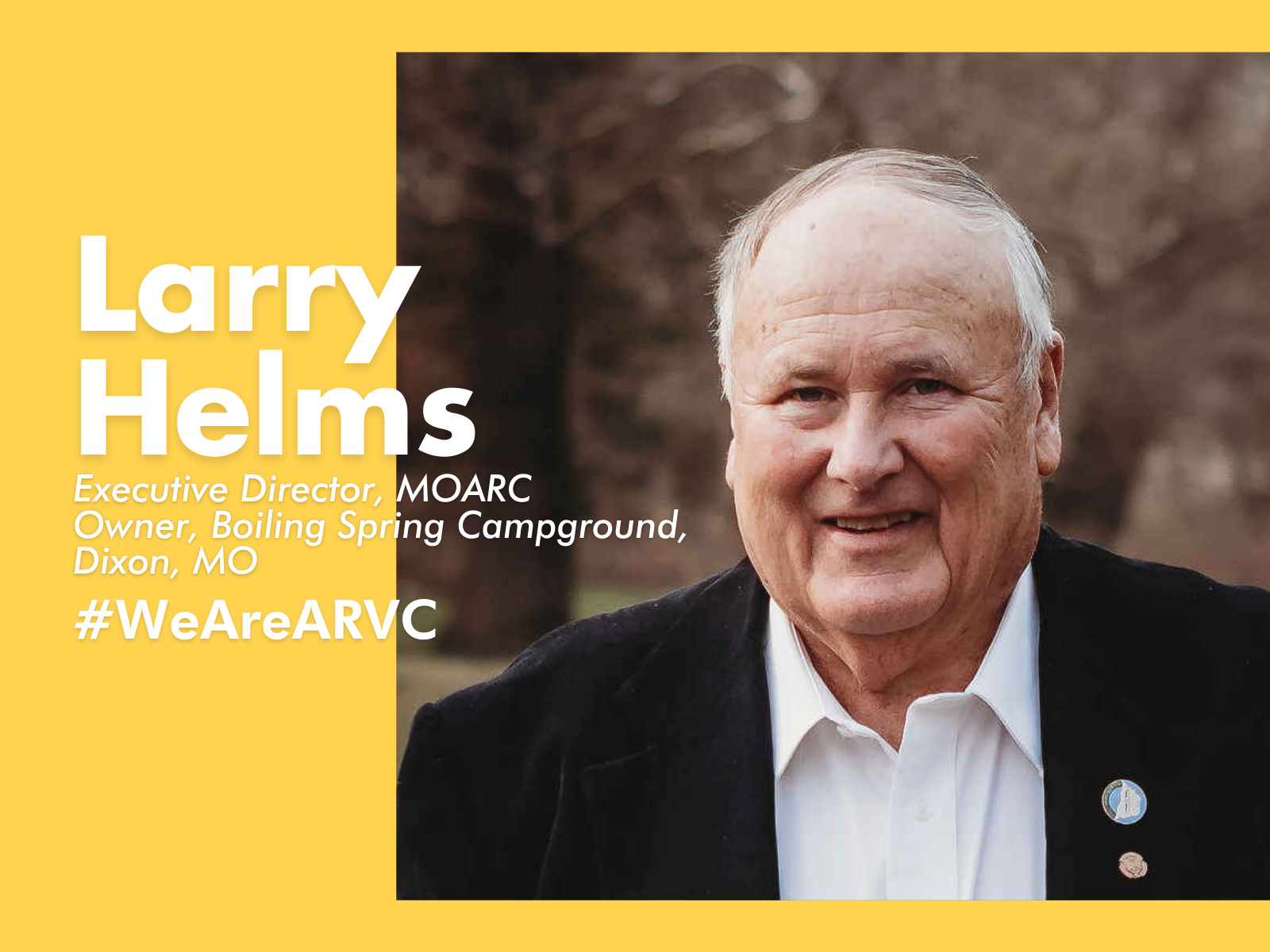Creating a campground environment that’s safe and healthy for guests is essential for successful park management, but it doesn’t happen on its own. It takes both a dedicated team and a focus on many factors that have a major impact on your park, including risk management, general maintenance and safety standards, and making your park more sustainable.
Creating a campground environment that’s safe and healthy for guests is essential for successful park management, but it doesn’t happen on its own. It takes both a dedicated team and a focus on many factors that have a major impact on your park, including risk management, general maintenance and safety standards, and making your park more sustainable.
That’s why best practices for site and facility management are thoroughly covered in ARVC’s two industry-specific certificate programs: the Outdoor Hospitality Management (OHM) and Outdoor Hospitality Professional (OHP) programs offered at the National School of RV Park and Campground Management (add link).
But site and facility management is not just the responsibility of managers and owners. It is part of the job of every team member. That is why the essentials of site and facility management will also be covered in a third certificate program, the Outdoor Hospitality Generalist (OHG), an online program for park employees that is now in development.
Like all components of the certificate programs, the site and facility management portions are specifically designed for the stage that the learners are currently at in their careers, which means each group will examine good business practices from different levels and from different decision-making perspectives.
Employees will discuss their role in ensuring the health and safety of all guests and why it is essential to follow the park’s crisis management plan. They will also learn how adhering to their job duties and performance standards can help them create the best possible guest experience. Finally, employees will learn how sustainability efforts can have a positive impact at their park and what they can do on a personal level to help make their park greener.
Managers, who carry more responsibility than their staff, will identify potential risk factors at their park and learn how to train employees to follow the park’s crisis management plan. They will discover resources that are available to them, including training standards for maintenance employees and check lists for them to use, to aid in the development of an effective maintenance plan and the communication of this plan to park employees. Finally, they will delve into the impact of sustainability efforts and discover how to develop park-specific training for their sustainability plan.
Owners are the ultimate decision makers and need to be prepared to make major decisions about how to protect the health and safety of their guests and staff. In their sessions, owners will not only identify potential risk factors at their park, but they will also learn ways to mitigate these risk factors by developing an effective crisis management plan. In addition to discovering resources that are available to aid them in the development of a wide variety of maintenance standards, they will identify ongoing training opportunities for maintenance personnel. Finally, owners will discuss the importance of implementing sustainability efforts at their park and identify resources that are available to aid in the development of a sustainability plan.
Certificate program participants also develop valuable skills in brand management, professionalism and leadership, human resources and business management and practices. Ready to learn more? Visit arvc.org/education for information about ARVC’s industry-specific education and what a difference it can make in the successful management of your campground.






Leave A Comment